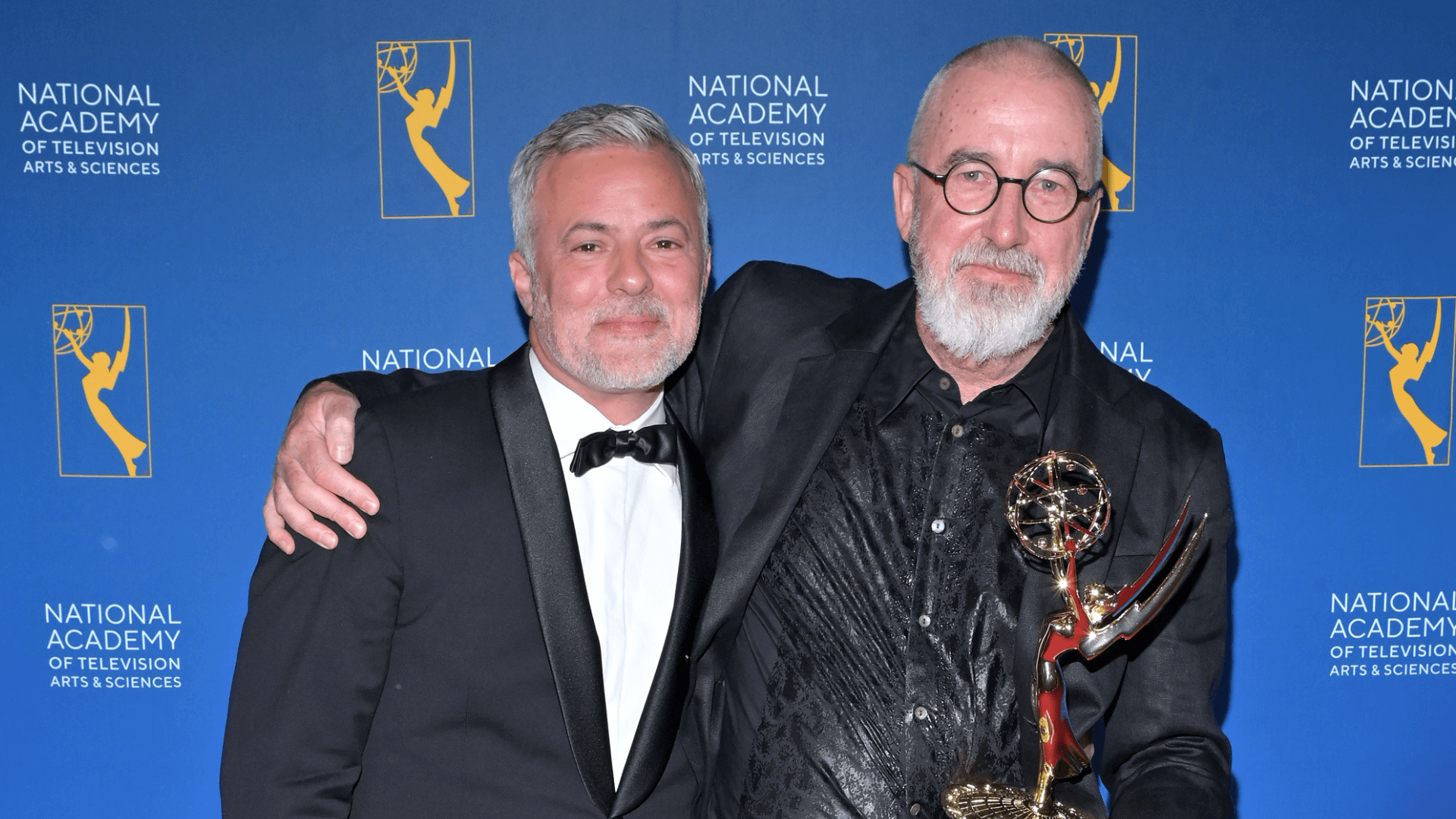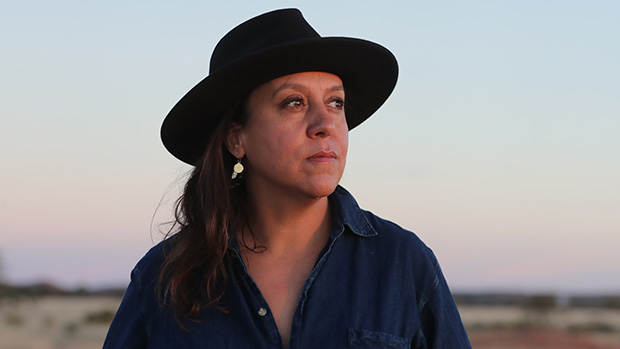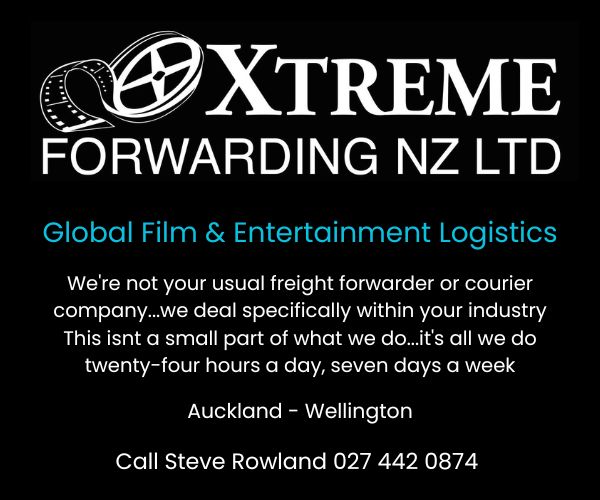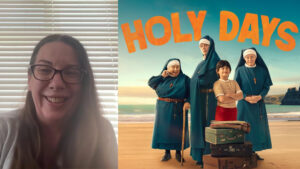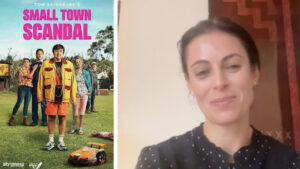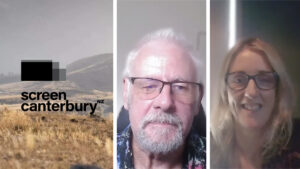This is an email that Brigitte Yorke the Co-Producer & Unit Production Manager of Avatar has sent out to people who applied for a role as a Production Assistant that was recently listed.
Hi,
You probably thought you were never going to hear back from me. Finding someone to fill this role had to take a bit of a back seat for a month or so. Anyway, I just wanted to reach out to everyone who sent in their CV and say thanks for applying and that we have finally found the person we were after for this role.
This was the first time I have ever had to “list” a job and I admit we did it out of both frustration and desperation. What I have learned from this experience has motivated me to write this email to you all. Please take what follows as constructive criticism and advice from someone who wants to see each and everyone of you succeed in the screen industry.
When we created our listing we were very specific about what we were looking for in terms of the role and the type of person we were seeking and we did this to get a higher percentage of quality applicants. It became very obvious to us as the emails rolled in that many of you hadn’t even read the listing properly, you just saw a job advertised for Avatar and hit send. Based on that here are some things you might want to keep in mind next time you respond to a listing or send out your CV.
1. Cover Letters. We specifically requested a cover letter from all applicants. Out of 47 applications, we only got 11 cover letters. We even had 2 people who felt we hadn’t provided enough information for them to create a cover letter.
The purpose of a cover letter (or email) is to help you stand out from the crowd, to explain to a potential employer why you would be perfect for the role on offer, what you could bring to the job etc. Without it all we were looking at is a very generic CV that doesn’t really give us any idea why the job we listed is of interest to you. A cover letter doesn’t need to be an essay, something short and to the point is all we are after.
This doesn’t relate specifically to this listing but it’s astounding the number of emails I get from people looking for work who have clearly paid no attention to who they are emailing or made any effort to do any research about the person or the work that they do. Please always address your email to someone specifically i.e. Hi Brigitte (and not Bridget, or Bridgette) and illustrate you’ve actually put some thought into the email.
2. No Directors need apply. We had 21 wannabe Directors/DoPs/Editors apply.
The reason we put that in the listing was because we didn’t want to waste our time sifting through CV’s of people who had zero interest in working in production and that’s exactly what we ended up doing.
When you send in a CV, you need to be clear about the role you are looking for within a production. But most importantly you need to be realistic about where you may have to start within the industry to get your foot in the door. It is important to remember that Film school qualifications are entry level qualifications and it will take many years of industry experience and a good amount of luck for you to progress into the role you are interested in.
It seems like so many people are coming out of training institutes, wanting to get into the screen industry but lacking some of the basics about how to get their foot in the door or even about the industry in general so please take the following as well intended advice that you didn’t actually ask for.
It’s really important to have a basic understanding of how the local screen industry works, understand what gets funding from the Film Commission, NZ On Air etc, who works doing what projects and jobs, and start building up your knowledge base. It’s a small, interconnected industry in NZ and understanding that is really important.
People always ask me what the best way to get into the screen industry is and everyone has a different opinion. For me it totally depends on what area you are most interested in pursuing and what stage of life you are at; it’s not as simple as going to film school and then getting a job. Many people I work with never went to university or film school and have come to it from totally different careers and that’s one of the things I love about this industry, you get to work with people from all walks of life.
Find out who is making content, short films, music clips in your town/city and volunteer to help them out. Meeting like-minded people is a huge part of being within the screen industry and frankly just getting out there and doing is worth more sometimes than the hours of study.
Nothing beats life experience. I think a lot of people come into the industry thinking they are going to leap to the top within a few years and that simply isn’t the case. I have been doing this for 20 + years and I have worked hard to get where I am today but it took time to build up my knowledge and experience. South Seas gave me the basics to understand the industry, how it is structured etc but you can’t beat workplace experience in my opinion. Having 3 to 4 years of learning at University doesn’t necessarily prepare you for the real world of film making and I think that can be a hard lesson for a lot of people coming out of multiple years of training (and with the burden of student loans) to understand.
You need to prepare yourself to be starting in an entry level position and that would include working as a Production Runner (or a runner for any department actually) on a TV show, Feature Film or TV Commercial. Starting in this position gives you exposure to all area of the production, you get a great insight into who does what and how the machine works which then helps you work out where you may fit in. To be a production runner you need to have your full drivers licence, know how to make good coffee and come into it with an open mind and be ready to learn. In the words of one of the best runners I have worked with – anyone can be a runner, not everyone can be a good runner. Once you get the foot in the door on a production then you start meeting people, working out who does what etc and your network builds from there.
This is a competitive industry and a lot of people just find it too tough, the hours too long, the work too sporadic and don’t last. They also get disappointed that it’s not as glamorous as they expect it to be. The film industry is a total people industry, it is about building friendships and relationships and that’s how most people get work. If you are not very good at what you do, or don’t care about your work then you won’t get hired on the next job but if you work hard, enjoy yourself, treat people well and don’t stuff up then you’ll keep getting work and you will make friendships that last a lifetime.
Personal relationships count for everything in this industry so being kind and treating people well and with respect is so important. You never know who will be employing you on the next job!
It’s important to me to see new people find their way into the screen industry and to love working in this industry as much as I do. Don’t get disheartened , take all of this onboard and keep going (and please get your drivers license!).
I hope to see you all one day onset, doing something you love.
Brigitte
Brigitte Yorke | Co-Producer & Unit Production Manager




